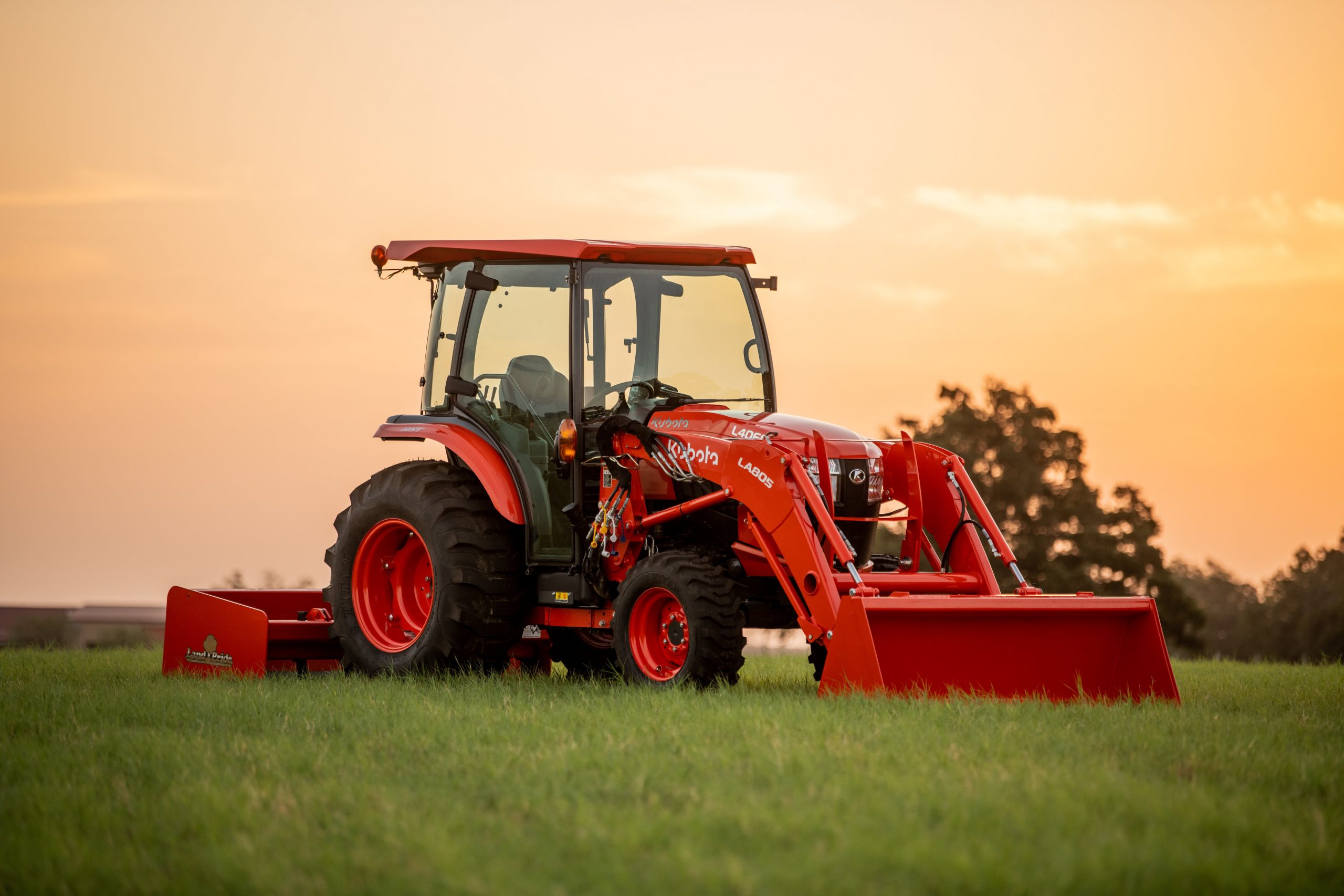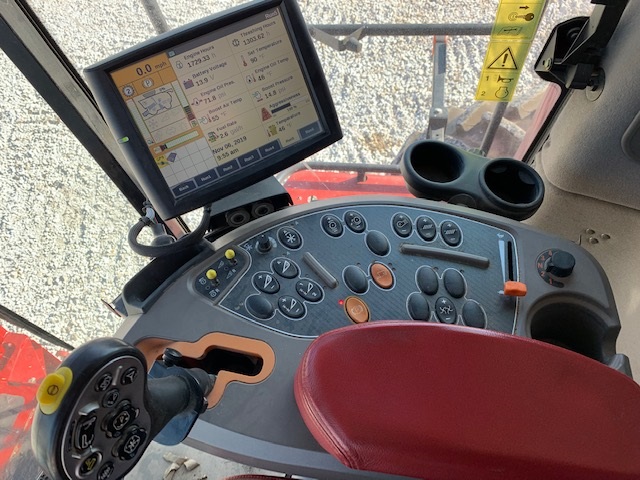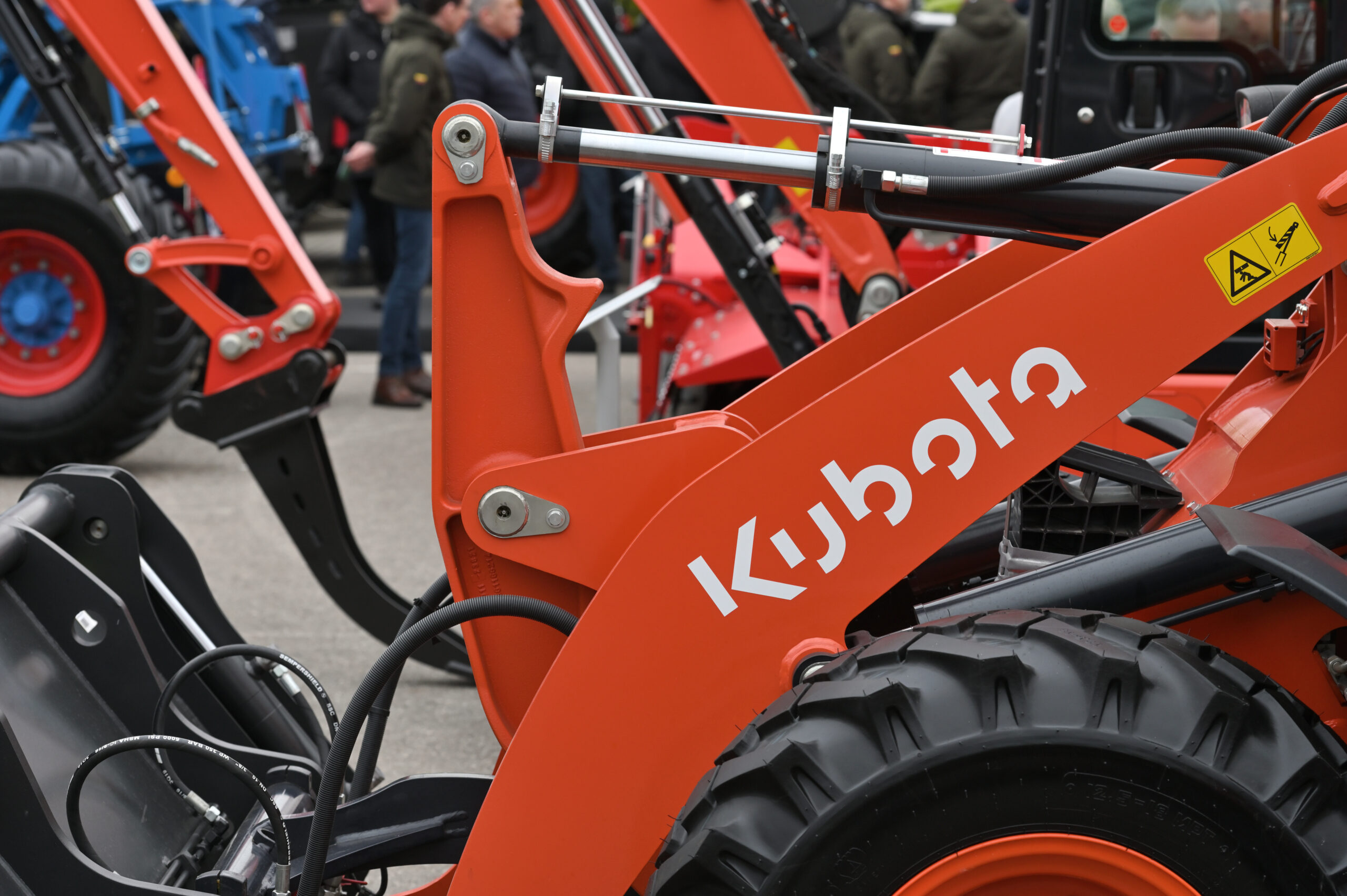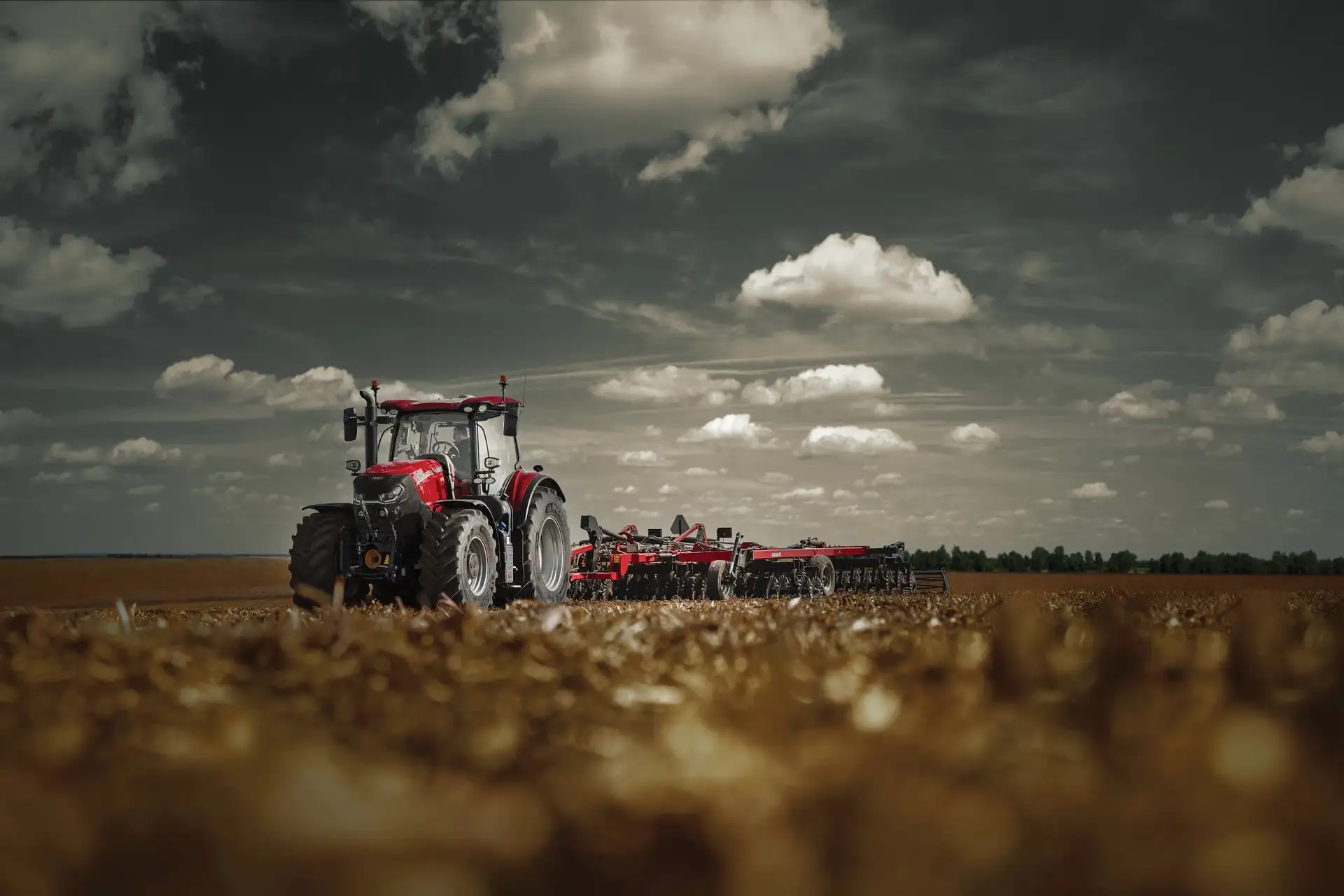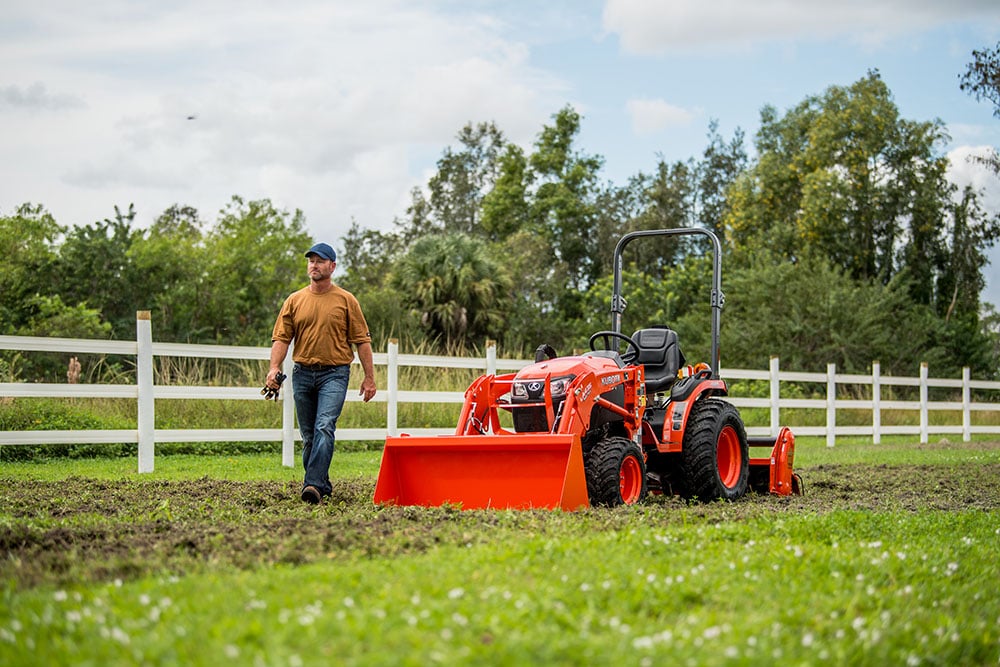Compact tractors have become essential for small farm owners, hobby farmers, and rural landowners. Whether you’re tending to crops, maintaining pastures, or managing landscaping tasks, these versatile machines offer the power and agility needed to keep operations running smoothly. But with so many options on the market, how do you find the perfect compact tractor for your unique needs?
This guide will walk you through key factors to consider, compare top brands like Kubota and John Deere, and provide practical tips to ensure you make an informed decision that benefits your farm for years to come.
Understanding Your Needs
Choosing the right compact tractor starts with understanding your specific requirements. What works for one farm may not work for another, so don’t skip this step.
Size of Your Land and Types of Tasks
How large is your farm or property? A compact tractor designed for five acres may not have the power to handle a 20-acre farm. Similarly, the tasks you plan to perform influence the features you’ll need. Common tasks include:
- Plowing for planting or clearing snow.
- Tilling soil to prepare for crops.
- Mowing fields or lawns.
- Hauling heavy loads.
- Digging for fence posts, irrigation, or landscaping.
If your farm management is heavily focused on maintenance, a compact tractor with attachments will serve you well. For crop-heavy farms, prioritize horsepower and efficiency.
Budget Considerations
Compact tractors represent a significant investment, but they often pay for themselves over time through increased farm productivity. Prices vary depending on size, brand, and features, typically ranging from $15,000 to $35,000 (or more for premium models).
When budgeting, don’t forget to account for maintenance, fuel, and attachments such as loaders, backhoes, and blades. Look for financing options provided by brands like Kubota and John Deere to help spread the cost.
Pro Tip: Decide on a realistic budget before browsing models. This will help you focus on options that truly meet your farm’s needs without overspending.
Top Compact Tractor Brands
When it comes to compact tractors, Kubota and John Deere dominate the market with their innovative designs, reliable performance, and glowing reviews from farmers. Here’s a quick comparison to help you choose.
Kubota Compact Tractors 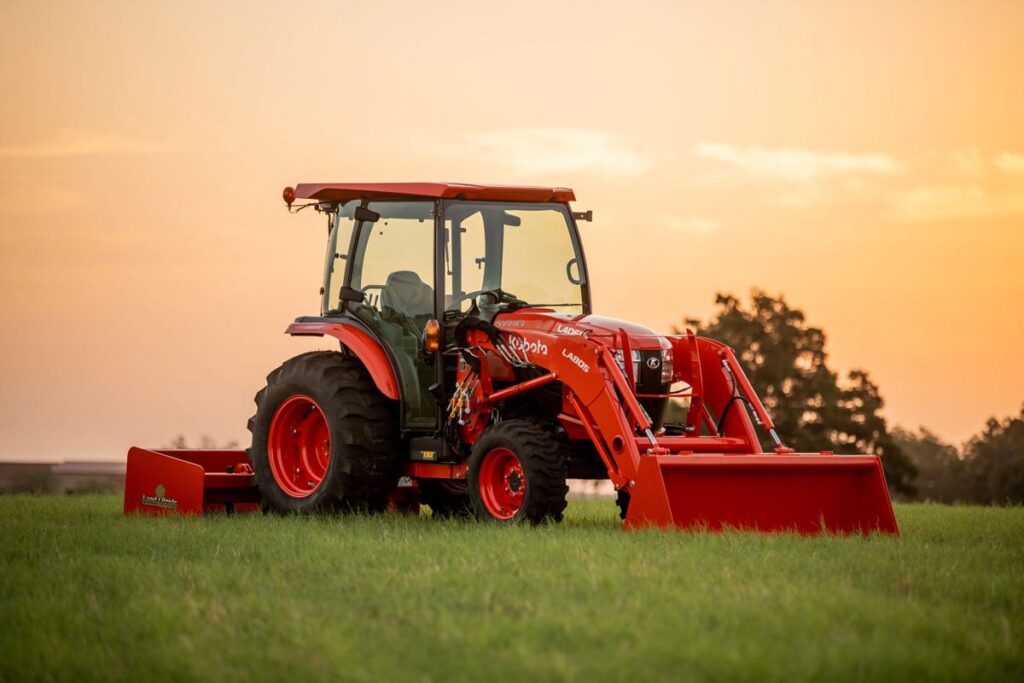
- Standout Features: Known for their durability, comfortable operator stations, and excellent resale value. Their smaller models, like the BX Series, are particularly popular for small farms and hobbyists.
- Popular Model: Kubota BX23S Sub-Compact Tractor (21.6 HP) combines efficiency and versatility, making it a customer favorite.
- Cost: Generally on the affordable side, offering great value for money.
John Deere Compact Tractors 
- Standout Features: John Deere tractors are renowned for their advanced technology and strong dealer support network. Their compact models are built tough, with high-performing engines and versatile options.
- Popular Model: John Deere 3025E (24.7 HP) is a solid choice for first-time buyers and small farm applications.
- Cost: Typically higher in price but matches premium quality and extensive customer support.
User Insights: While both Kubota and John Deere offer excellent options, it ultimately comes down to personal preference and specific needs. Visiting local dealers for demos can help you decide.
Key Features to Consider
Choosing the perfect compact tractor is about more than just price. Understanding the key features will help you pick a machine that matches your tasks and expectations.
1. Horsepower and Engine Type
Horsepower (HP) directly impacts the machine’s ability to handle various tasks. Compact tractors typically range from 20 HP to 60 HP.
- For light tasks like mowing or moving small loads, 20–30 HP models are sufficient.
- For mid-size farms and heavier tasks, choose a tractor with at least 40 HP.
Check the engine type as well. Diesel engines are common in compact tractors as they deliver better fuel efficiency and more torque, which is crucial for heavy-duty applications.
2. Transmission Options
Compact tractors come with two main transmission options:
- Hydrostatic Transmission (HST) offers smooth, user-friendly operation and works well for beginners. It provides precise speed control, making it ideal for tasks like mowing or loader work.
- Gear-Driven Transmission is typically more affordable and efficient in power transfer. It’s a great choice for farmers performing repetitive tasks like tilling or plowing.
3. Implement Compatibility
Your tractor’s versatility largely depends on the implements and attachments it can support. Look for tractors equipped with a Category 1 three-point hitch, the most common configuration for small farms. Popular attachments include:
- Front-end loaders for hauling and lifting.
- Rotary cutters for mowing rough terrain.
- Box blades for land grading.
- Post-hole diggers for fencing.
Make a list of implements you’ll need for current and future farm operations before finalizing your purchase.
Maintenance and Care Tips
A well-maintained compact tractor will serve your farm for decades. Here are essential maintenance practices to follow:
- Regular Inspections: Check tires, fluids, and battery before each use.
- Clean and Grease Implements: Remove dirt and rust from attachments to maintain their efficiency.
- Change Oil and Filters: Regularly replacing oil and filters ensures optimal engine performance.
- Store Properly: Park your tractor in a dry, covered area to protect it from harsh weather conditions.
Investing in a maintenance schedule or a service plan through your dealer can save time and help avoid costly repairs down the line.
Make an Informed Decision for Your Farm
Selecting the best compact tractor for your small farm requires careful consideration of your land size, tasks, and budget. With robust options from trusted brands like Kubota and John Deere, you can find a model that fits your needs.
When making your choice, remember to factor in horsepower, transmission, and implement compatibility. Pair that with diligent maintenance, and you’ll have a powerful machine to help your farm thrive for years to come.
If you’re ready to explore models and compare options, contact your local dealer today and take the first step toward simplifying your farm operations. Happy tractor hunting!

